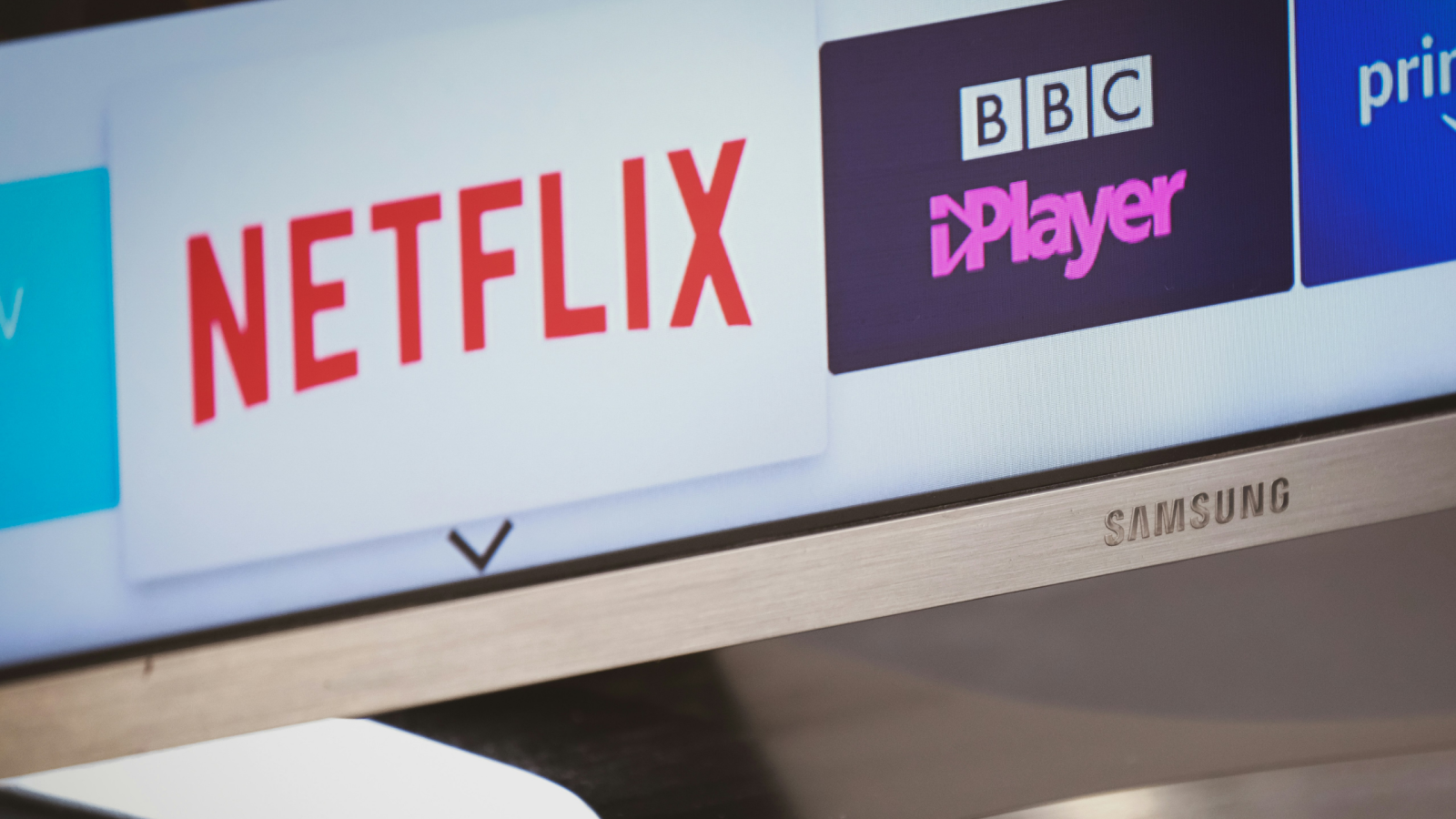The BBC confronts the reality of Planet (Digital) Earth

Photo: Compare Fibre

Yesterday the chairman of the British Broadcasting Corporation, David Clementi, gave a talk at the Oxford Media Convention (per the BBC), which starkly addressed the reality which the world’s oldest and arguably most iconic public service broadcaster (PSB) now finds itself confronting. The BBC faces a fast-moving TV landscape that is increasingly pivoting towards video on demand (VOD), led by non-domestic tech majors who are not bound by the regulatory restrictions of the British PBS landscape. Clementi made a bold call to arms, emphasising the need to empower the BBC to compete but also to reinforce the regulatory protections currently insulating the BBC from market competition:
“I strongly support our campaign, working closely with the other UK PSBs, to ensure that, in the area of prominence, all our services should be as easy for people to find in the digital world as they have always been in the analogue world. I urge the Government to take legislative action, and to take action to strengthen the PSBs as and when they get the chance.”
Where the BBC is now
The BBC is a digital world media brand with an analogue operating dynamic. When the BBC was nationalised in 1929 it operated in a very different media world, defined by protected national markets and an appointment-to-view distribution model. As the BBC grew its remit beyond British shores, its revenue base was guaranteed through a de-facto obligatory annual subscription in the form of the TV (and/or radio) license fee, which now costs £150.50 per year and generated £3.8 billon for the corporation in 2018. For context, the entry level subscription fee for Netflix in the UK is £71.88 per annum with a monthly, rather than annual, commitment – and, crucially, it is a non-obligatory subscription for those who have it.
As well as receiving £3.8 billion in subscription (license fee) revenues in 2018, the BBC also generated £1.2 billion (a 5.6% increase on the 2017 revenues) in commercial revenue over the same period, primarily through an increase in world service revenues and BBC studio production and merchandising revenues. The operating costs for the BBC in 2018 were £4.8 billion – a 2.2% year-on-year (YoY) increase on 2017. Net revenues have significantly increased from 0.22% of total revenues in 2017 to 4.9% of revenues in 2018.
At the same time, however, the commercial competition has significantly increased in the UK with Netflix weekly active use (WAU) up from 26% in Q4 2016 to 36% in Q4 2018. In Q4 2018 only 24% of UK consumers watched catch-up TV on a weekly basis, a decline of 8% since Q4 2016 (source: MIDiA Research Brand Tracker).
Featured Report
MIDiA Research 2026 predictions Change is the constant
Welcome to the 11th edition of MIDiA’s annual predictions report. The world has changed a lot since our inaugural 2016 edition. The core predictions in that report (video will eat the world, messaging apps will accelerate) are now foundational layers of today’s digital economy.
Find out more…Recognising core strengths and weaknesses are crucial for the future evolution of the BBC
In the streaming video landscape of 2019 the BBC is judged as an alternative to well-funded international tech entertainment platforms such as Netflix and Amazon Prime Video. As Clementi identified yesterday, the majority of UK 16-34 year olds’ daily viewing consumption is now on non-linear TV. The BBC’s entire content budget in 2018 was £1.6 billion ($2 billion) in 2018, compared with Netflix’s $9.7 billion 2018 content spend. This illustrates the glaring gap between what the BBC can offer compared to what is arguably now the global video distribution platform and the world’s most powerful production studio combined. Clementi is competitively astute to call for the BBC to be able to extend its first window releases from one month to 12 months, and to include associated box sets in content offerings on iPlayer. However, the reality is that Netflix and Amazon, and soon to follow, Disney+ and Apple’s forthcoming video streaming services are better financed, have much broader commercial catalogues of TV and film content and are far clearer in their strategic objectives than a PSB trying to compete with one hand tied behind its back and the public good broadcasting mission in its DNA.
If the BBC is going to survive outside of state protection, then it needs to hold tight to its core value propositions of credibility in news (particularly in a post-fake-news global environment) and factual programming, and embrace a future as a non-obligatory subscription video on demand (SVOD) competitor. While it will lose its protected license fee revenues in the short-term, in the long term it will be empowered to compete face-to-face not just on a domestic basis but also on a global scale, whereby it can leverage its international brand equity in current affairs both factual and dramatic.
The future is there for the taking for the BBC, yet the chances of it being free to pursue this future liberated of the political grandstanding surrounding it are slim.

The discussion around this post has not yet got started, be the first to add an opinion.